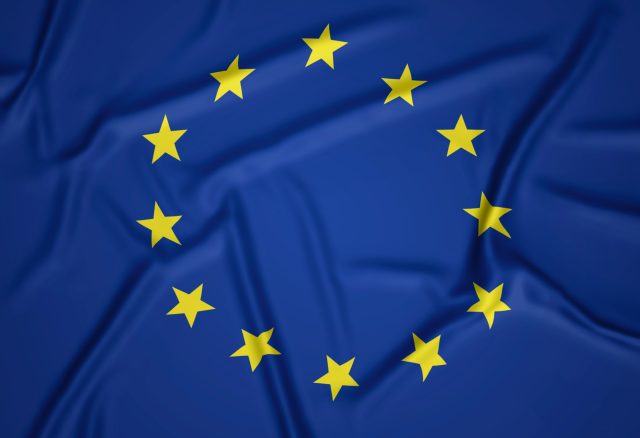
Among the legacies of European colonialism, numerous states and peoples have progressively adopted European languages and customs – if not directly linked to European traditions – at least assimilable. A very peculiar case of a cultural and social legacy from colonialism is that of Cape Verde.
The Cape Verdean archipelago was a Portuguese colony from 1460 until 1975 when the process of independence from Portugal was completed. Independence came mainly through the intervention of two brothers from Guinea-Bissau, Amilcar, and Luis Cabral, founders of the African Party for the Independence of Guinea and Cape Verde. Initially, it was a clandestine organization fiercely opposed by the Estado Novo led by Antonio de Oliveira Salazar and later by Marcelo Caetano. The long war between the motherland and the colonies – mostly fought in Guinea-Bissau and Mozambique – only ended with the “Carnation Revolution.” With the fall of the extreme-right National Union party, the Socialist Party emerged in Portugal, and consequently, the left-wing colonial formations saw their demands recognized.
From 1975 to 1980, the party founded by the Cabral brothers also governed the islands of Cape Verde. However, following a military coup in Guinea-Bissau, Cape Verdean party members decided not to support the violent solution and gave birth to the African Party for the Independence of Cape Verde. After ten years of one-party rule focused mainly on reviving the national economy, the first democratic elections in 1991 were won by the Christian democratic and liberal Movement for Democracy led by President Antonio Mascarenhas Monteiro. He remained in power until 2001, with subsequent alternating decades between the two parties.
In March 2005, Portuguese President Mario Soares (from the Socialist Party) proposed allowing Cape Verde to join the European Union. The reasons for this request are mainly based on Cape Verde’s cultural roots, with a population that is almost exclusively Christian (97%) and predominantly of mixed Portuguese and African descent (70%), which significantly surpasses purely African and Creole populations.
Another strong motivation comes from Cape Verde’s economy: the vast majority of imports and exports occur between Cape Verde and the European Union (primarily Portugal), and the economy is primarily based on the tertiary sector. There have also been numerous geopolitical decisions, mainly since the 2000s, that have progressively aligned the archipelago with Europe. In September 2006, the Cape Verdean government suspended the free trade of goods with the Economic Community of West African States (ECOWAS), an organization of African nations aiming for internal integration similar to the European Union. Additionally, Cape Verde chose to peg its local currency (the Cape Verdean escudo) to the euro with a fixed exchange rate.
Important decisions have also been made regarding migration. By imposing restrictions on the entry of citizens from ECOWAS countries (including Nigeria, Senegal, Gambia, etc.), Cape Verde has effectively blocked the illegal trafficking of migrants who used the archipelago as a first point of arrival before reaching the Canary Islands and entering European soil.
Cape Verde’s efforts have been recognized by the European Union, which issued communications to the European Parliament in 2007, laying the groundwork for a special partnership to monitor the country’s progress to strengthen cooperation, legislative convergence, access to the European internal market, and alignment with the EU.
Recently, relations between Cape Verde and the European Union have come to the forefront again after the local government criticized the management of consular services by the Portuguese since 2010, which has been issuing short-term visas for the Schengen Area. The Portuguese representative traveled to Praia to monitor the situation, which might foster an illegal market for visa forgery. These visas are primarily used for family reunification or study purposes, with young Cape Verdeans taking advantage of the Mobility Agreement within the Community of Portuguese-Speaking Countries to study in Portuguese universities. However, these visas are limited to 1,400 places per month.
The positive aspects of Cape Verde’s potential entry into the European Union are evident. It would further expand the international diplomatic network, create a “bridge” connecting Europe and Northwestern Africa, reintegrate a people with a culture and traditions perfectly compatible with Europe, and offer the possibility of reducing emigration from the country. European investments – not overly significant given the small size of Cape Verde – would allow for a substantial improvement in the quality of life for the local population.
Of course, there are also challenges to consider. Illegal immigration could exploit Cape Verde as a means to enter European borders (merely surpassing the 500 km that separate Senegal from the archipelago), and the need to revive a complex economy would require the efforts of all EU member states. Additionally, Cape Verde is poor in resources and raw materials.
This topic will likely become part of the electoral campaign, with the position of the Socialist Party being clear. However, it remains to be seen what stance the two center-right formations will take. The Social Democratic Party tends to favor EU enlargement, while Chega, experiencing significant growth and almost doubling its support since the last elections in 2021, tends to be eurosceptic. This issue will also be relevant in the upcoming 2024 European elections and should be monitored to prevent leaving Africa to other non-European players.



 Subscribe
Subscribe